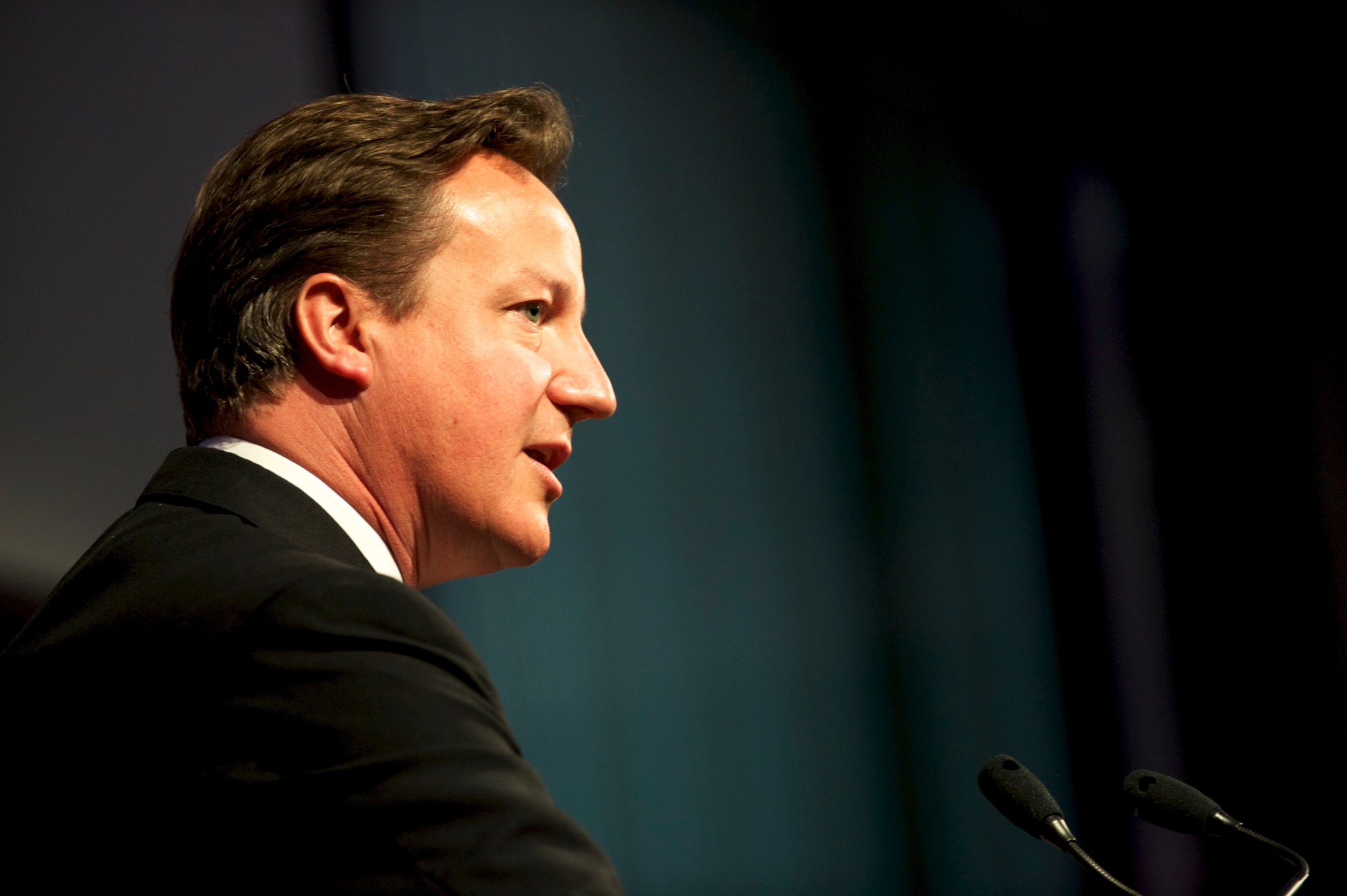
Britain’s former prime minister David Cameron described how he refused to shake Gotabaya Rajapaksa’s hand when he met the Rajapaksa brothers in a “showdown” in Colombo in 2013, that was described as one of “the worst tempered foreign meeting(s)” during his tenure.
Cameron, who was in Colombo for the 2013 Commonwealth Heads of Government Meeting (CHOGM), justified his attendance at the meeting, stating,
“What would be a more effective challenge to Rajapaksa and his denial of war crimes: staying away and saying nothing, or going there and holding him to account?”
He went on to speak of how this "first destination” once arriving on the island was Jaffna, where he became the first foreign leader to visit since 1948. “The day I spent there will live long in my memory,” said Cameron.
“I saw what was left of Jaffna Library, whose priceless manuscripts had been destroyed by fire as government forces tried to eradicate Tamil history.”
“I visited the Tamil newspaper’s offices and met the editor, who has lived in the building for the past three years because he feared for his life. There was a charred printing press that had been shot and burned by regime hoodlums, and the walls were covered with bullet holes where journalists had been murdered.”
“I went to a refugee camp, whose existence the regime denied. I’ll never forget the crowds of women, holding up photos of young men, desperate to tell us their stories. We all had letters thrust towards us about these sons, husbands, fathers and brothers who had surrendered to the military and not been seen since. What had happened to them? Could we help find them?”

Cameron said that after his visit to Jaffna, he went to Colombo to meet then Sri Lankan president Mahinda Rajapaksa, in a “showdown”. He noted that also present was Mahinda’s younger sibling, Gotabaya Rajapaksa, who is currently Sri Lanka’s new president. Describing the meeting, Cameron said,
“His brother, the defence minister who had supposedly issued orders for the terrible events at the end of the war, reared out to shake my hand. I kept my hands by my side, and sat down.”
“I had to make a judgement. Was this a leader who was trying to reconcile his country and have inclusive political institutions that worked for everyone? Or was he a South Asian sectionalist who wanted to secure funding for his own people alone? I thought he was the latter, and I essentially told him so. As we walked out, William Hague said it was the worst tempered foreign meeting he’d ever been in.”
Writing in the Tamil Guardian in 2013, Cameron acknowledged that “four years after the conflict no one has been held to account for grave allegations of war crimes and sexual violence, journalists are routinely intimidated and thousands of people have yet to find out what has happened to their missing relatives”.
In his autobiography, Cameron says, “for a while, Sirisena looked like the answer". "But in 2018 he appointed Rajapaksa to his government, and hopes for that beautiful country were once again dashed.”
We need your support
Sri Lanka is one of the most dangerous places in the world to be a journalist. Tamil journalists are particularly at threat, with at least 41 media workers known to have been killed by the Sri Lankan state or its paramilitaries during and after the armed conflict.
Despite the risks, our team on the ground remain committed to providing detailed and accurate reporting of developments in the Tamil homeland, across the island and around the world, as well as providing expert analysis and insight from the Tamil point of view
We need your support in keeping our journalism going. Support our work today.
For more ways to donate visit https://donate.tamilguardian.com.

